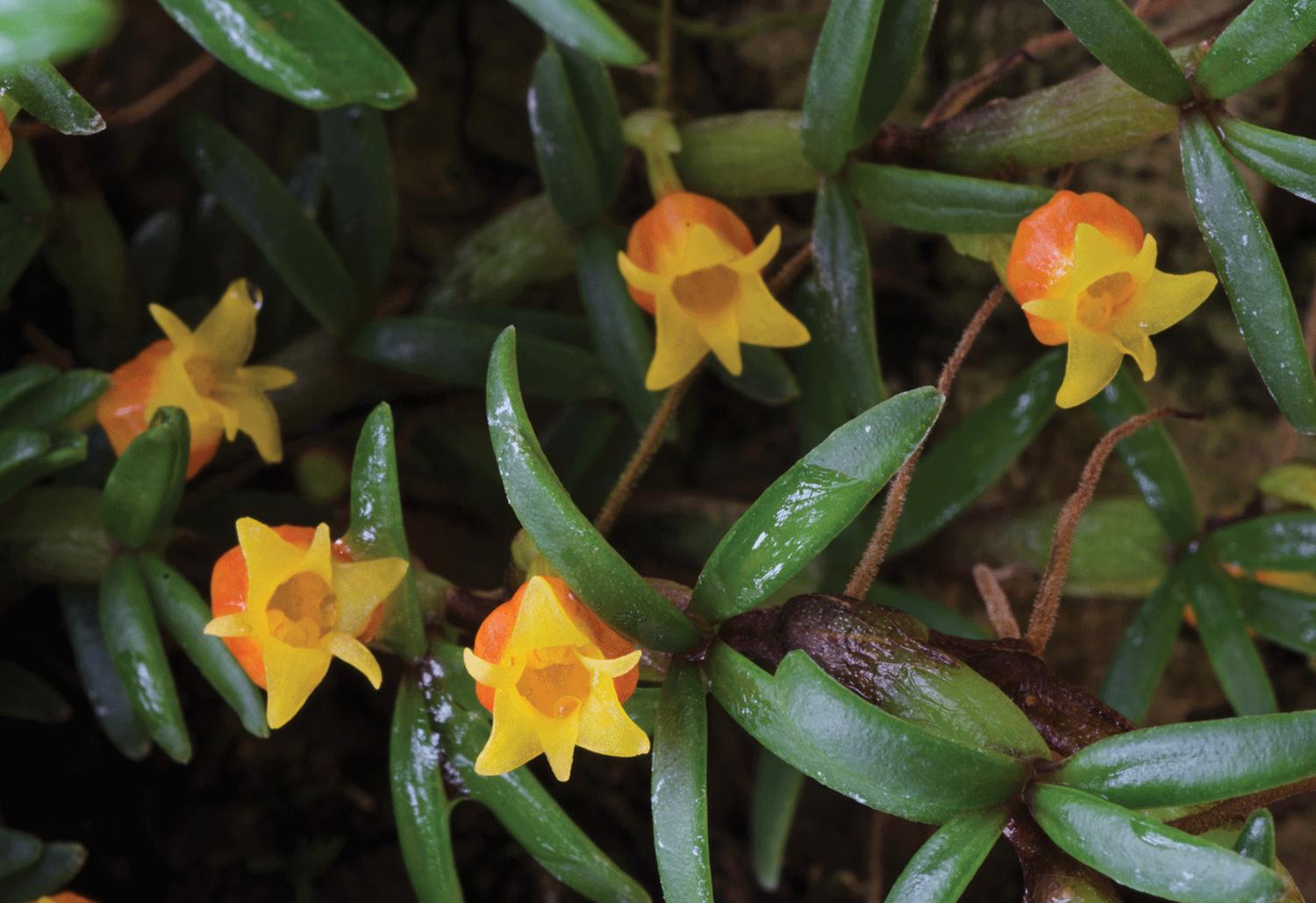
Look: Plants

Where the Wild Things Are
You won’t find many banana or chocolate trees growing wild in Boulder, or staghorn fern, Somalian milkweed or Venus fly trap. These aren’t Colorado plants.
But all thrive inside CU’s 30th Street greenhouse, along with hundreds of other species from as far afield as Central and South America, the Persian Gulf and South Pacific, Madagascar, Malaysia and Macedonia.
“I collected this in Venezuela in 1982,” greenhouse manager Tom Lemieux says, gesturing to a tiny flowering orchid native to cloud forests.
Lemieux likes to call 30th Street, one of four campus greenhouses he oversees — and, at 8,753 square feet, the largest — a “million-dollar” facility. It’s a reference not to cost, but to the building’s hardiness and the richness of the collections. CU acquired the greenhouse from Chevron for free in 1991, moving it from California to Colorado pane by pane.
Today about 1,000 plant species, overwhelmingly exotic, grow inside.
Worldwide there are about 350,000 known plant species. Lemieux and assistant greenhouse manager Janice Harvey (EPOBio’03) cultivate varieties that CU professors use in teaching and research, including members of the coffee and cucumber families and African milkweed, plus others selected to hint at plant life’s fantastic diversity.
There’s also room for live root cuttings from a special local tree — the Old Main Cottonwood, now about 110 years old. Those cuttings one day could yield a genetically identical twin.
The 30th Street greenhouse, part of the Department of Ecology and Evolutionary Biology, is open for public tours four times a year.
Photos by Rich Ellis

